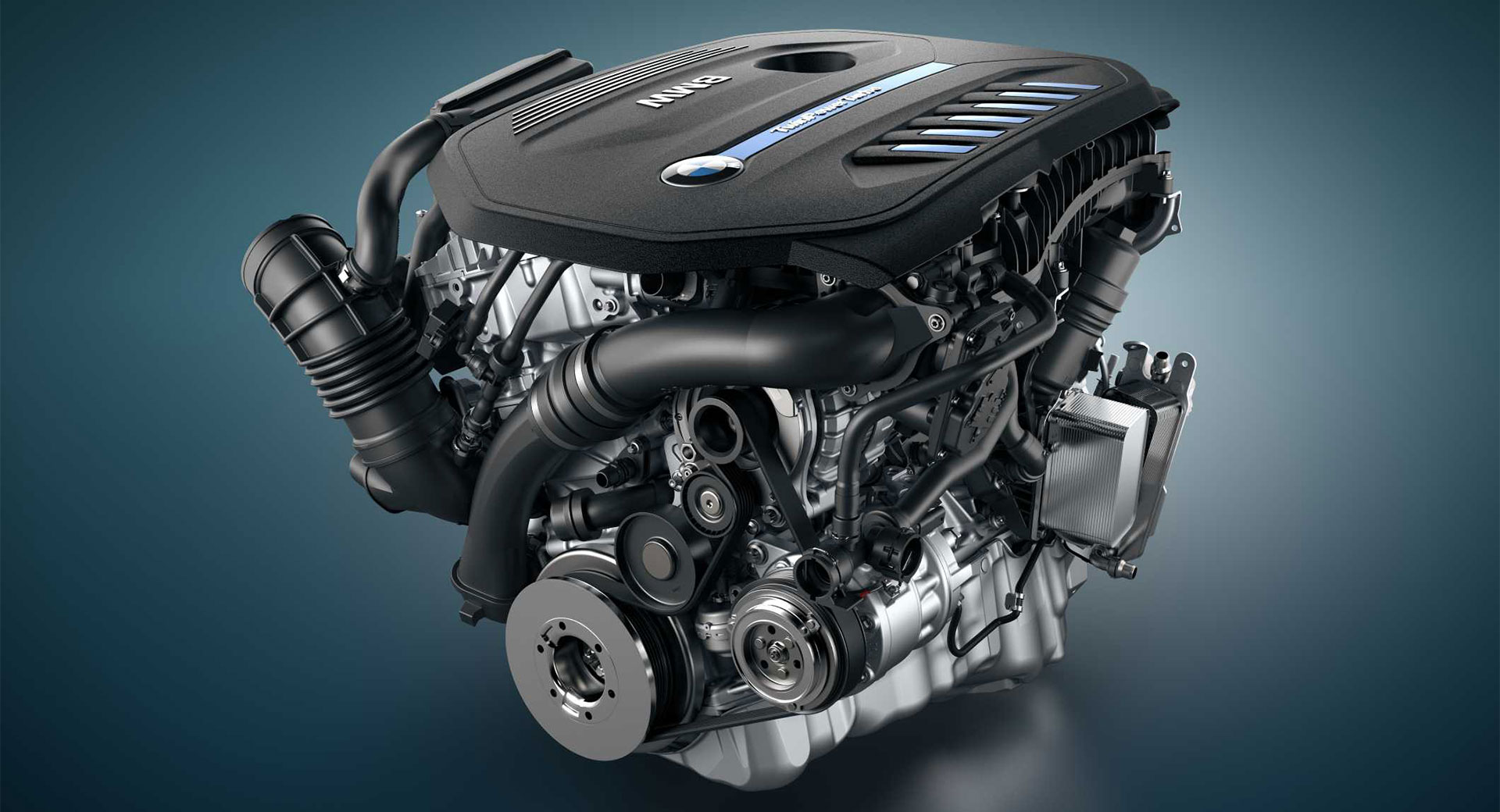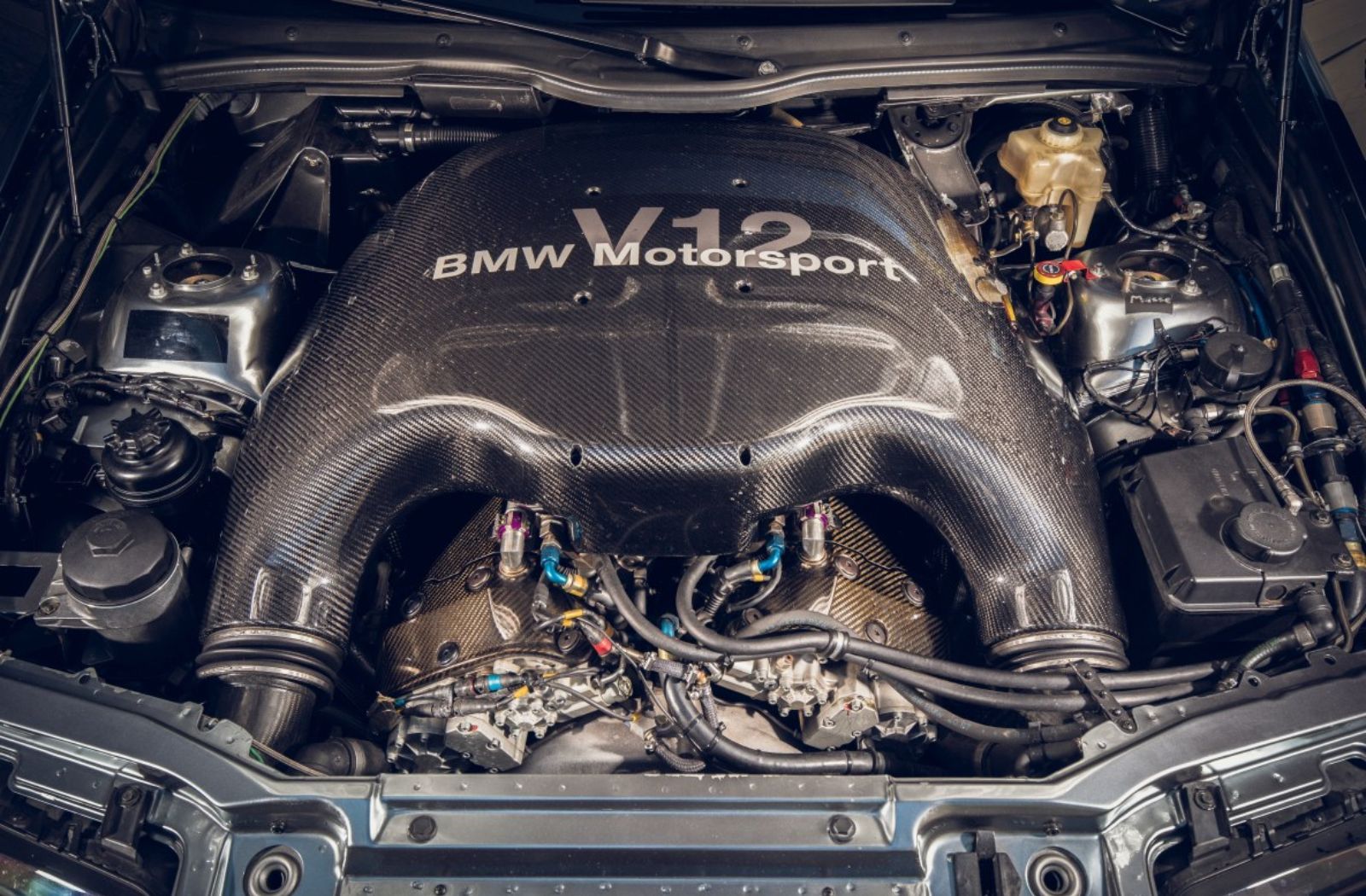Revealing the Intricacies of Next-Generation Power Units: a Deep Study Advanced Engine Designs and Technologies
As we stand on the precipice of a new period in transportation, the ins and outs of next-generation engine designs bid us to explore the sophisticated technologies and innovations that assure to redefine the driving experience. Digging much deeper into the realms of exhaust control, smart engine management systems, and the perspective of power device development, we find ourselves on the cusp of an improvement that assures to reshape the landscape of movement as we recognize it.
Development of Engine Materials

The shift towards advanced engine materials has actually also allowed designers to create engines with greater power results while maintaining gas effectiveness criteria. The usage of lightweight materials decreases the overall weight of the engine, leading to enhanced fuel economic climate and lower discharges. Additionally, innovations in products modern technology have actually permitted for far better thermal management within engines, leading to enhanced reliability and longevity.
Turbocharging and Supercharging Technologies
How do Turbocharging and Supercharging Technologies revolutionize engine performance and performance in modern-day lorries? Supercharging and turbocharging are technologies that significantly boost engine performance by raising the quantity of air intake into the burning chamber. Turbocharging accomplishes this by making use of a wind turbine driven by exhaust gases to pressurize the intake air, while turbo charging utilizes a belt- or chain-driven compressor to achieve the very same effect.
These modern technologies allow smaller sized, a lot more fuel-efficient engines to generate power comparable to bigger ones, understood as downsizing. By forcing even more air into the cyndrical tubes, turbocharging and turbo charging enhance burning performance, leading to increased horse power and torque result without a considerable rise in engine dimension. This results in far better acceleration, pulling ability, and overall driving efficiency.
Additionally, turbocharging and supercharging add to improved fuel performance by enabling the usage of smaller engines that take in much less gas under normal driving problems - bmw engine. This mix of boosted performance and effectiveness has actually made turbocharging and turbo charging integral elements of several contemporary engine styles
Exhaust Control and Environmental Impact
With enhancing global issues regarding air high quality and environmental sustainability, the application of emission control technologies in automobiles plays an essential role in minimizing harmful pollutants released into the environment. Modern cars are furnished with innovative emission control systems that help minimize the environmental impact of automobile procedures. Catalytic converters, for example, are made to transform poisonous gases such as carbon monoxide gas, nitrogen oxides, and hydrocarbons right into less damaging compounds like carbon dioxide and water vapor.
Furthermore, developments in engine technology, such as the integration of exhaust gas recirculation systems and selective catalytic reduction, have actually significantly added to decreasing exhausts. These innovations operate in tandem to optimize combustion performance and lessen the release of harmful pollutants right into the air. Furthermore, the development of crossbreed and electrical vehicles stands for a critical action towards reducing the total environmental impact of the transport industry.
Intelligent Engine Management Equipment

In addition, these systems allow vehicles to satisfy stringent discharges standards without compromising efficiency, offering an extra eco-friendly driving experience. The integration of expert system and artificial intelligence capabilities in engine administration systems remains to push the borders of what is possible, leading to further improvements in performance, dependability, and overall car efficiency. bmw engine. As automotive innovation breakthroughs, intelligent engine monitoring systems will certainly play an important duty in shaping the future of transportation towards an extra lasting and effective instructions
Future Trends in Power Unit Advancement
As smart engine monitoring systems lead the method for improved control and optimization in modern vehicles, future trends in power unit development are poised to redefine the landscape of auto propulsion get redirected here modern technologies. These different power resources provide enhanced effectiveness and performance while aligning with rigorous ecological policies.
Another significant trend is the assimilation of innovative materials and manufacturing strategies. Light-weight materials such as carbon fiber and aluminum are being utilized to decrease overall vehicle weight, enhancing fuel performance and efficiency. Additionally, developments in 3D printing and additive production are allowing the production of intricate engine elements with higher accuracy and sturdiness.
Additionally, expert system and artificial intelligence are playing an important role in enhancing power unit efficiency. These technologies enable real-time tracking and flexible control, causing more efficient and trustworthy power delivery. On This Site the whole, future trends in power device advancement are geared towards efficiency, sustainability, and efficiency, driving the automotive industry in the direction of a brand-new era of propulsion innovations.

Conclusion
To conclude, the advancements in engine materials, turbocharging, exhaust control, and intelligent administration systems have paved the means for next-generation power units. These technologies have not only enhanced efficiency and efficiency but additionally decreased ecological impact. As innovation proceeds to develop, future patterns in power system development are likely to concentrate on more enhancing sustainability and enhancing power result. The complex designs and advancements in modern-day engines showcase the continuous development of auto technology.
Checking out the dynamic advancements in engine materials has been critical in improving the performance and performance of modern engines. Over the years, the evolution of engine materials has played a vital duty in pressing the borders of what engines can attain.The shift towards progressed engine products has actually likewise allowed engineers to make engines with higher power outputs while maintaining fuel efficiency criteria.The implementation of intelligent engine management systems in modern vehicles has actually changed the means engines are managed and maximized for efficiency and effectiveness. By gathering information in real-time and assessing it with innovative formulas, intelligent engine management systems can adjust to driving designs, environmental factors, and engine wellness to like this optimize power outcome while reducing fuel consumption and exhausts.